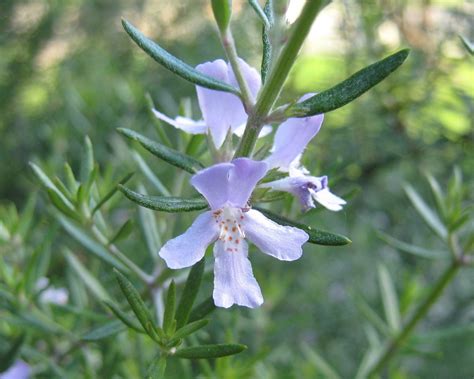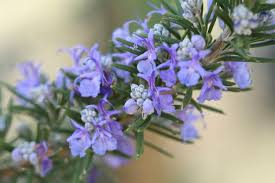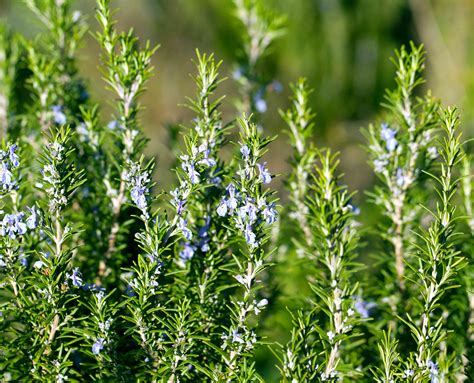
Everything to know about Rosemary
Native to the Mediterranean area, Rosemary is best known for its culinary benefits. This aromatic herb has a woody, aromatic herb notes of evergreen, citrus, lavender, pine, sage, pepper, mint, and sage. Added to food, it enhances many dishes, such as poultry, lamb, potatoes, carrots to name only a few.
Rosemary (Rosmarinus officinalis) has a rich history dating back centuries. Its name is derived from the Latin words “ros” (dew) and “marinus” (sea), which translates to “dew of the sea.” Rosemary is believed to have originated in the Mediterranean region, specifically in areas around Southern Europe and Northern Africa. Rosemary has been cultivated and cherished by various cultures throughout history due to its culinary, medicinal, and symbolic significance.

Rosemary is a member of the mint family Lamiaceae, along with many other herbs, such as oregano, thyme, basil, and lavender. it also has potential health benefits.
The herb has been hailed since ancient times for its medicinal properties. Rosemary was traditionally used to help alleviate muscle pain, improve memory, boost the immune and circulatory system, and promote hair growth.
Rosemary is a rich source of antioxidants and anti-inflammatory compounds, which are thought to help boost the immune system and improve blood circulation. It plays an important role in neutralizing harmful particles called free radicals.
In Europe, rosemary is often used to help treat indigestion. Germany’s Commission E has approved rosemary for the treatment of indigestion. However, it should be noted that there is currently no meaningful scientific evidence to support this claim. The aroma of rosemary can improve a person’s concentration, performance, speed, and accuracy and, to a lesser extent, their mood.
Scientists have found that rosemary may also be good for your brain. Rosemary contains an ingredient called carnosic acid, which can fight off damage by free radicals in the brain. Some studies in rats have identified that rosemary might be useful for people who have experienced a stroke. Rosemary appears to be protective against brain damage

- Culinary Use: Rosemary is a popular herb in Mediterranean and European cuisines. Its aromatic, pine-like flavor adds a delightful taste to a variety of dishes. Rosemary is commonly used to season roasted meats, such as lamb, chicken, and pork. It is also a fantastic addition to marinades, stews, soups, and sauces. The herb’s robust flavor pairs well with garlic, lemon, and olive oil, making it a versatile and cherished ingredient in many recipes.
And Now Stella’s Recipe using Rosemary…, Click and Enjoy!

